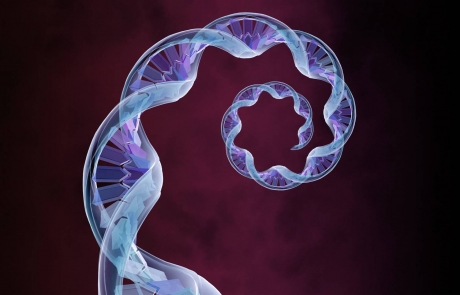
Can I choose the sex of my embryos when I undergo embryo transfer?
The human genome consists of 46 chromosomes: 23 of these are inherited from our father and the other 23 are inherited from our mother. Our organism’s entire genetic make-up is stored in these chromosomes. The 23 pairs are organised as follows: 22 pairs, known as autosomes, and one pair of sex chromosomes (X and Y) which differentiate the two sexes (XY for males and XX for females).
From a technical point of view, using pre-implantation genetic diagnosis, we have the means of analysing an embryo’s entire chromosomal make-up. This technique, which is known as PGS/PGT-A/CCS (Comprehensive Chromosome Screening), means additional or a lack of any chromosomes in the embryo can be detected. Therefore, we can use PGS/PGT-A/CCS to analyse the entire make-up of the embryo and determine that there are neither DNA excesses nor deficiencies which will stop the embryo from developing properly. But, if we focus on the sex chromosomes, we can also determine if the analysed embryo has two X chromosomes and will, therefore, be a girl (XX) or one X chromosome and one Y chromosome (XY) and will be a boy.
Legislation
The law regulating the use of assisted reproduction techniques (Law 14/2006 of 26 May) establishes that pre-implantation diagnosis may only be used for the detection of serious genetic diseases or those which may jeopardise embryo viability. Therefore, it is only possible to select embryos of a particular sex in those cases in which the aim is to avoid the transmission of diseases with a link to the sex chromosomes. Failure to comply with this law is considered a very serious offence.
To conclude, although from a technical point of view it is possible to determine the sex of embryos due to be transferred, the law which governs assisted reproduction techniques does not permit selection of this type except in cases of sex-related diseases.
Dr Belén Lledó, Scientific Director at IBBIOTECH, part of the Instituto Bernabeu group.
